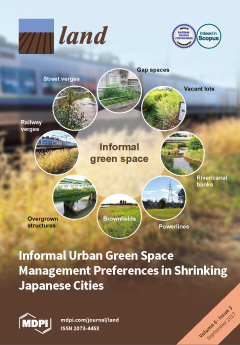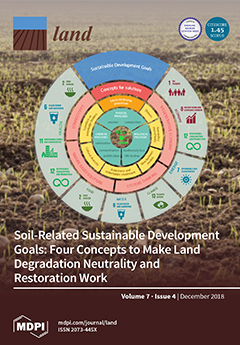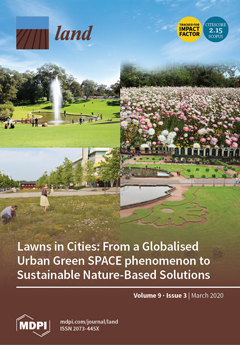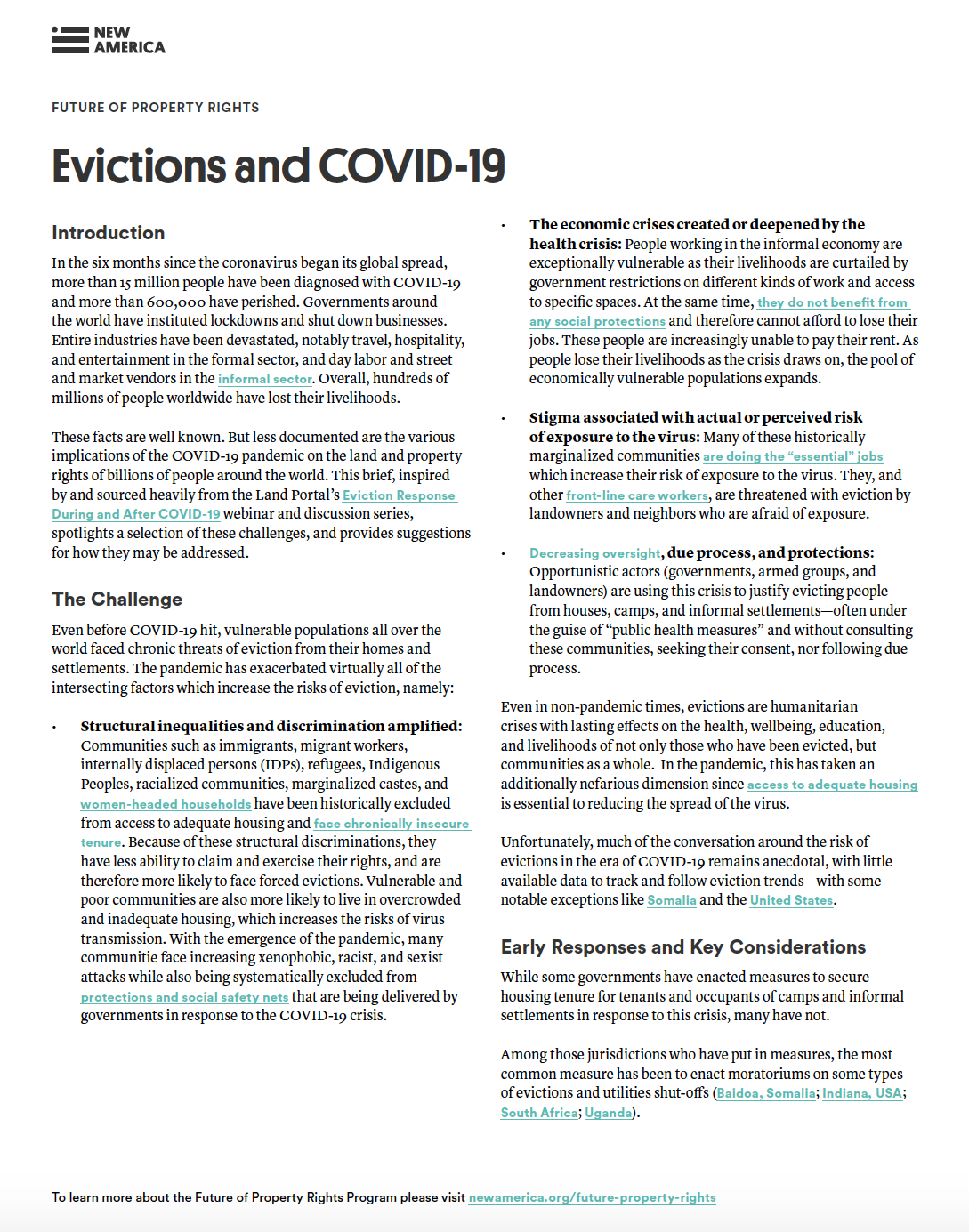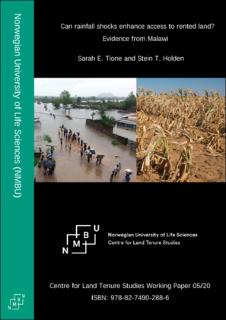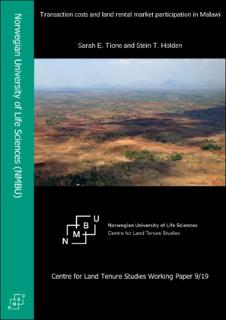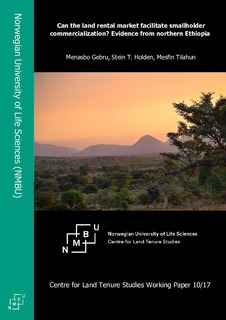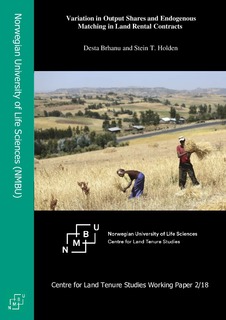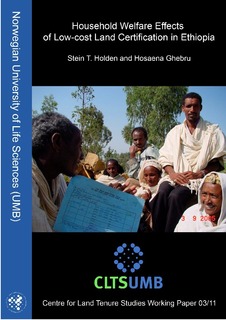The Dynamics of Urban Land Rent in Italian Regional Capital Cities
This research tries to interpret the results of the empirical analysis of urban land value variations from 1977 to 2012 in the regional Italian capital cities based on the well-known theory of urban land rent. The historical series to be analyzed were obtained as the difference between the market value of a property and its cost of production. The paper shows, in quantitative terms, how differential and absolute rents will be translated into the dynamics of land values in relation to local specificities.

